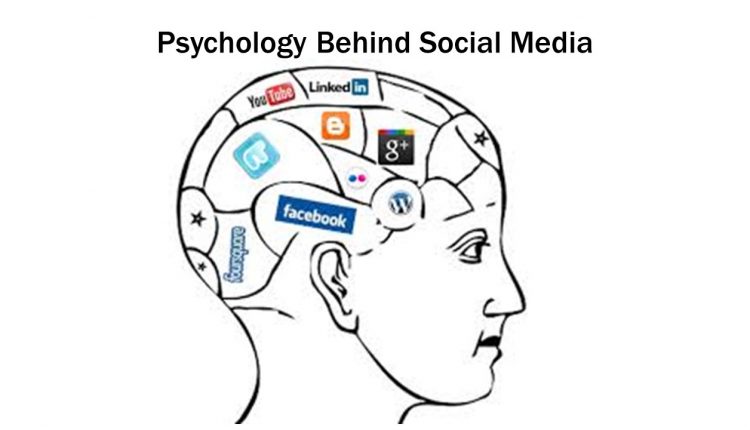Social media has taken the internet by storm. There are 31.25 million Facebook messages, 347,222 tweets, 17,361 LinkedIn profile views, 48,611 Instagram pictures, and 300 hours of YouTube videos uploaded each minute. The internet is full of content that’s constantly being created or shared.
We already know what is happening, but let’s dig a little deeper and get to the “why” of it. Why do people love sharing on social media? What’s the psychology behind it?
As luck would have it, a study by the New York Times Consumer Insight Group found the answer for us. Researchers concluded that there were five major reasons why people share on social media:
Entertainment
Perhaps this is the most obvious answer, but it was also the least common reason out of the five. Everyone loves a good dog video or a funny prank that they can laugh at and share with their friends. After all, what is the internet for if not entertainment?
Less than half of shares are motivated by entertainment or passion. Nevertheless, it does explain the tendency for funny YouTube videos to go viral as people want all their friends to see it.
Supporting a cause
It’s almost impossible to go onto social media and not see someone talking about a cause they are passionate about. The study found that 84% of respondents use social media to share their support for a social cause. Whether it’s fighting against immigration bans or police brutality, social media remains a powerful tool for expression.
A perfect example of this would be the Ice Bucket Challenge. Politicians, celebrities, athletes, and hundreds of others all participated in this viral challenge which helped raise over $130 million for various ALS organizations.
Self-Fulfillment
Related to the above point, many people share on social media to feel good about themselves. A simple click of a button can let all your Facebook friends know how they can best provide relief to hurricanes or donate to their local homeless shelter.
Sure, some might call it slacktivism, but it’s hard to overlook just how excellent social media is for raising awareness of important causes. It’s an easy way for people to make themselves feel better while fighting for a good and noble cause.
Expressing Yourself
The study found that 68% of respondents love sharing things that they feel helps them express who they are. Whether someone is showing the world their love of dogs or how excited they are for the latest blockbuster summer hit, there’s something that just feels good about expressing yourself. No places are as good at showing someone’s uniqueness as social media.
It only takes a few clicks to let the world know who you are and what you like. Many people don’t have the chance to divulge such details about themselves in the regular world, so social media provides a wonderful vehicle where they can truly be themselves without fear of judgment or restriction.
Friendship
This last point takes us to the social aspect of social media. More and more people are making new friends and connections online. It doesn’t matter if you’re finding your next hot date on Tinder or connecting with a potential new business partner on LinkedIn—social media and the internet has made meeting new people much easier than ever.
According to the study, 78% of respondents share on social media to keep in touch with old friends. It makes sense when you consider that the vast majority of Facebook friend lists are people that most users never keep in touch with. Sharing content allows them to reconnect with those who they haven’t talked to in a while and rekindle old friendships.
Conclusion
It’s impossible to deny the massive influence that social media has in our current day and age. The influence of companies like Facebook, Twitter, and Instagram also allows brands to capitalize on new opportunities as they can reach people who are just casually scrolling through pages from the comfort of their phone.
Take a look at your content and ask how it plays in to one of these five psychological factors. You never know what sort of marketing strategies might arise after a little bit of introspection. And, if you’d like more access to invaluable online marketing strategies, check out my done-for-you system.


